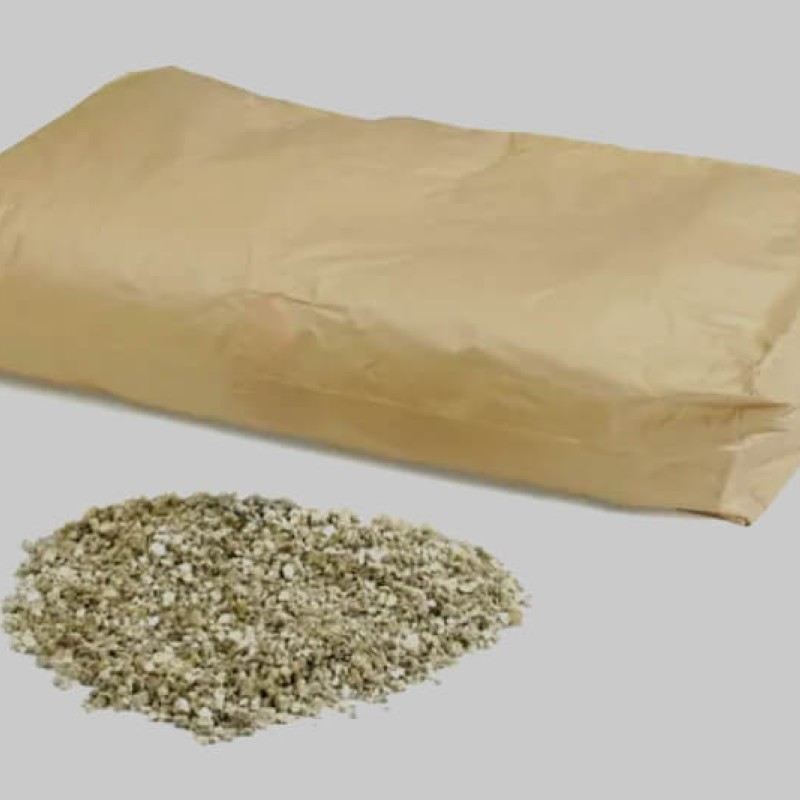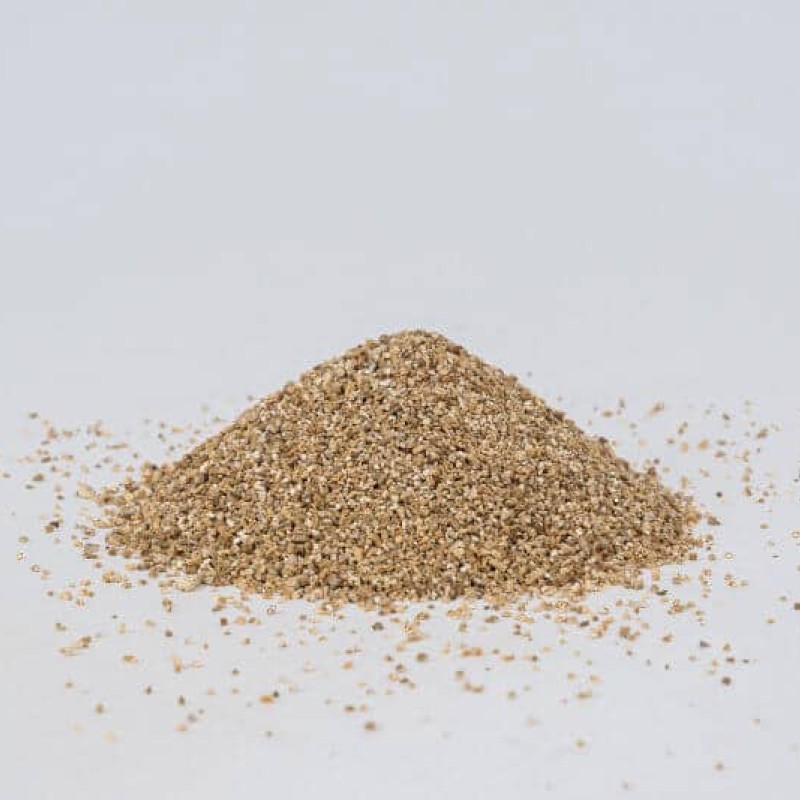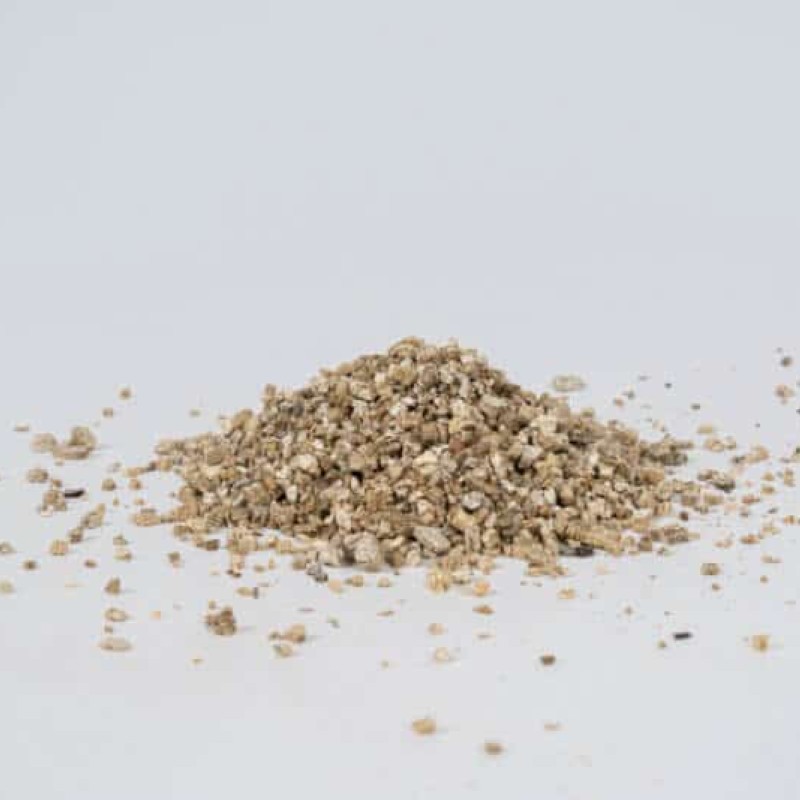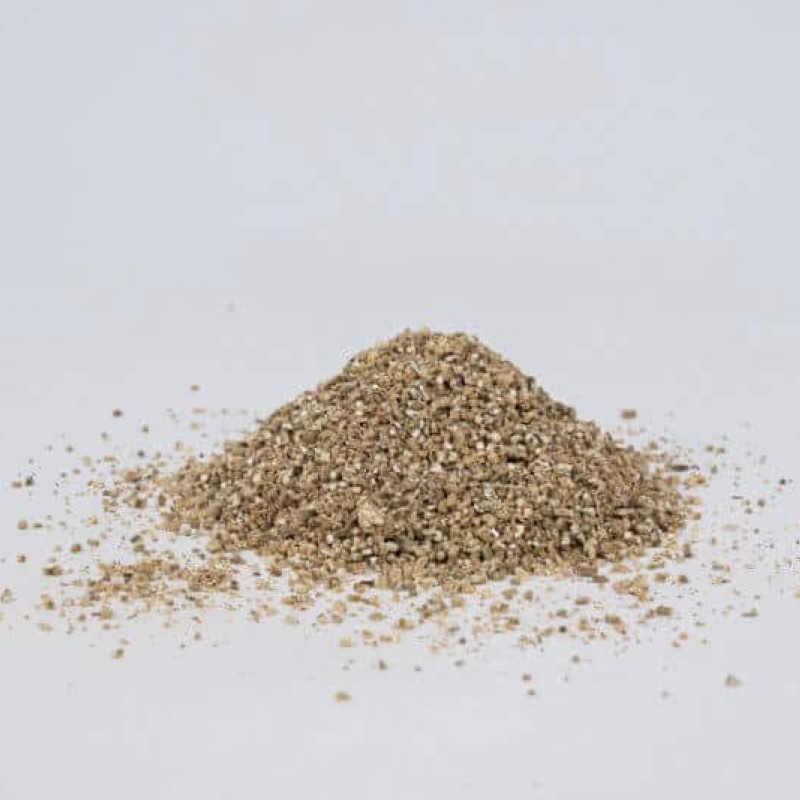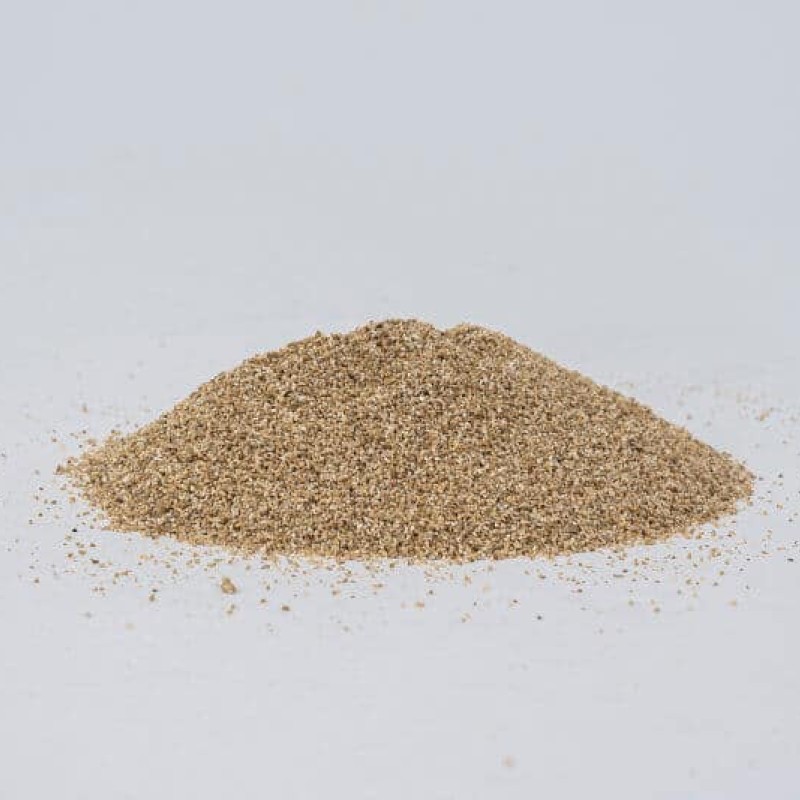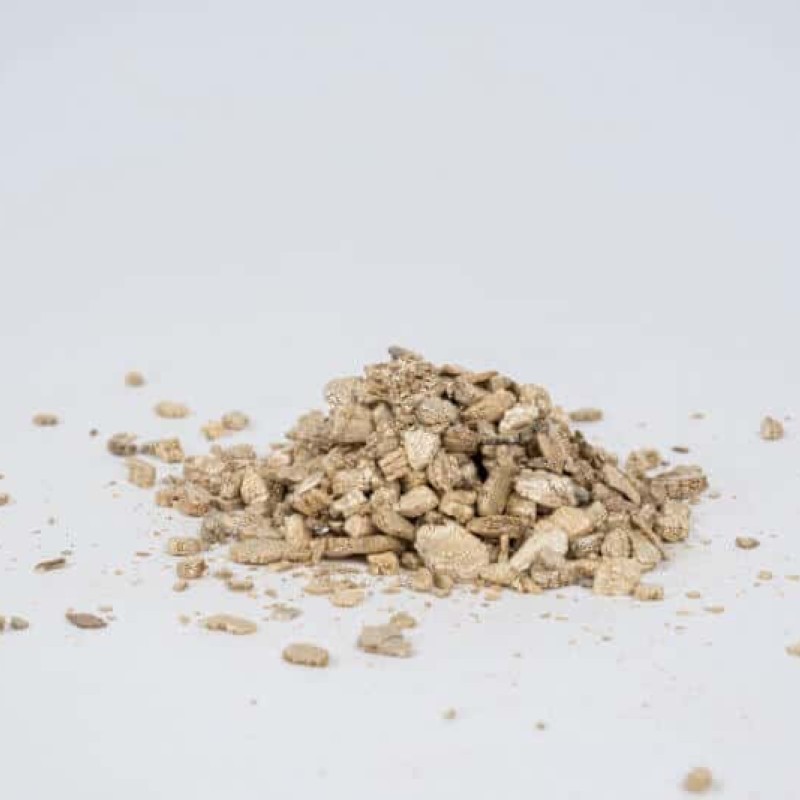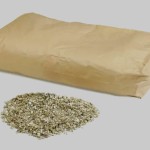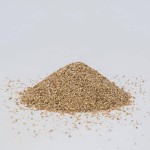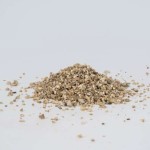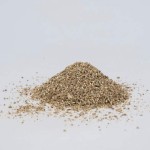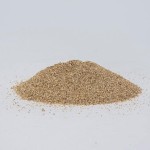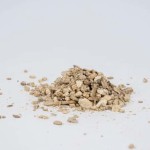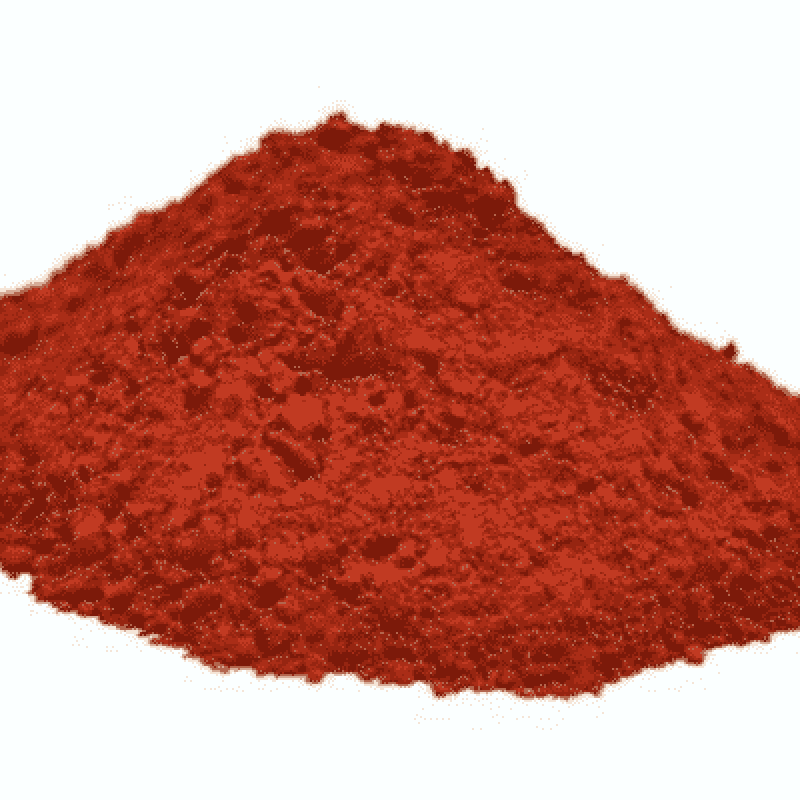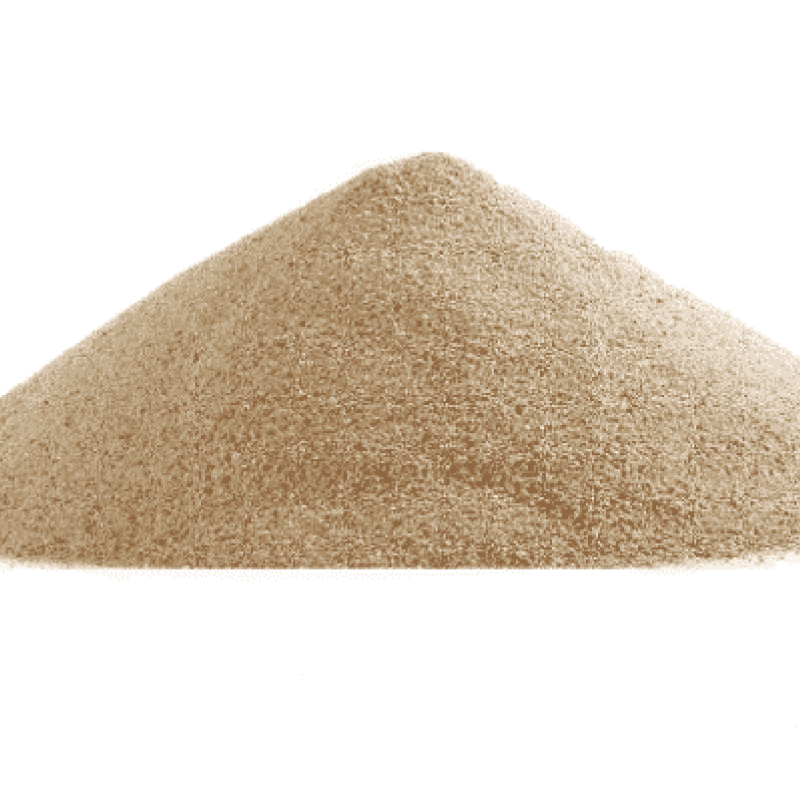Vermiculite bagged goods
Vermiculite (also known as vermiculite, vermiculite or vermiculite) is a naturally but rarely occurring mineral that is used both as raw vermiculite in various grain sizes and as a further processed material.
- Grain sizes
- Superfine 1 mm | Fine 2 mm | Medium 4 mm | Large > 8 mm
-
Cost-oriented
Technically excellent and cost-oriented solution.
Nontoxic
Light, non-toxic, fiber-free, odorless and acid-resistant.
Refractory
Depending on the product variation, application temperatures up to 1100 ° C.
CHARACTERISTICS
Vermiculite (also known as vermiculite, vermiculite or vermiculite) is a naturally but rarely occurring mineral that is used both as raw vermiculite in various grain sizes and as a further processed material. Our vermiculite bagged goods are available in four grain sizes. For the production of panels and molded parts, exfoliated vermiculite is mixed with special binders, if necessary with other additives (e.g. ash, lime), and pressed into panels or molded parts and then dried.
Benefits
- Technically excellent
- Cost-oriented solution
- Light
- Nontoxic
- Fiber free
- Odorless
- Acid resistant
- Refractory
TECHNISCHE DETAILS
Physical Properties PH value about 7,5 Sintering temperature (° C) 1260 Melting point (° C) 1315 Thermal conductivity 0,07 W/mK (DIN 4108) Bulk density 80 -125 g/Ltr (DIN 1060) Chemical Analysis SiO2: 35,00 – 41,00 Al2O3: 6,00 -9,50 Fe2O3 6,00 – 9,50 MgO 21,50 – 25,50 CaO 2,00 – 6,00 K2O 3,00 – 6,00 TiO2 0,60 – 1,40 other Product variations
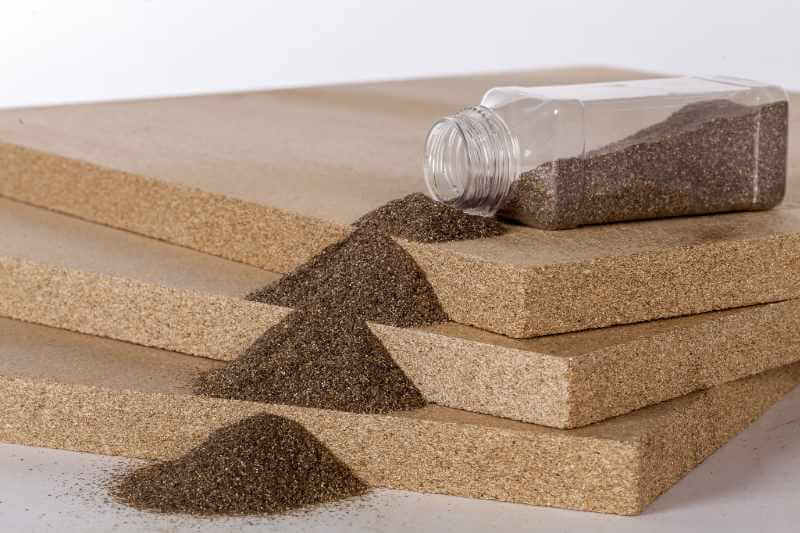
Plates | VIREboard 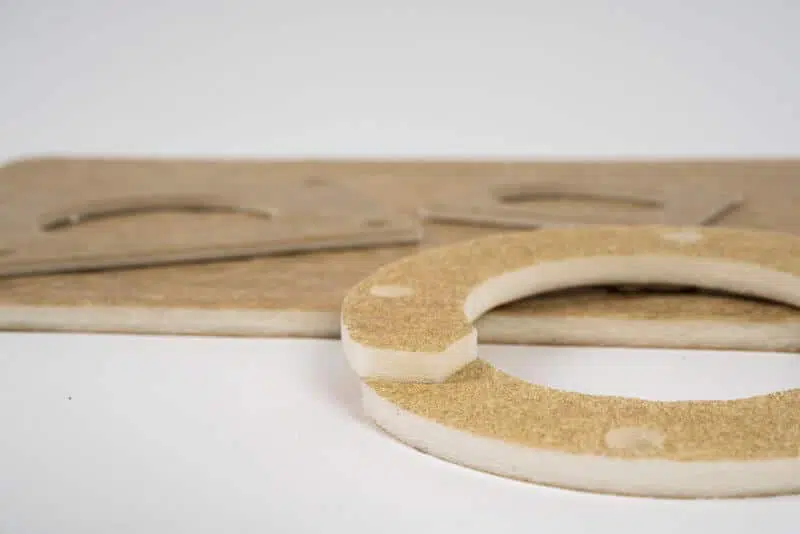
Paper | VIREpaper 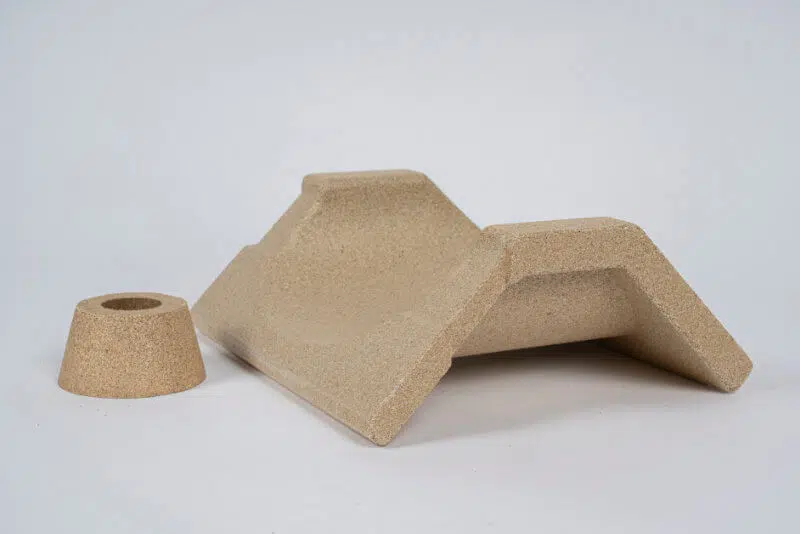
Pressed parts 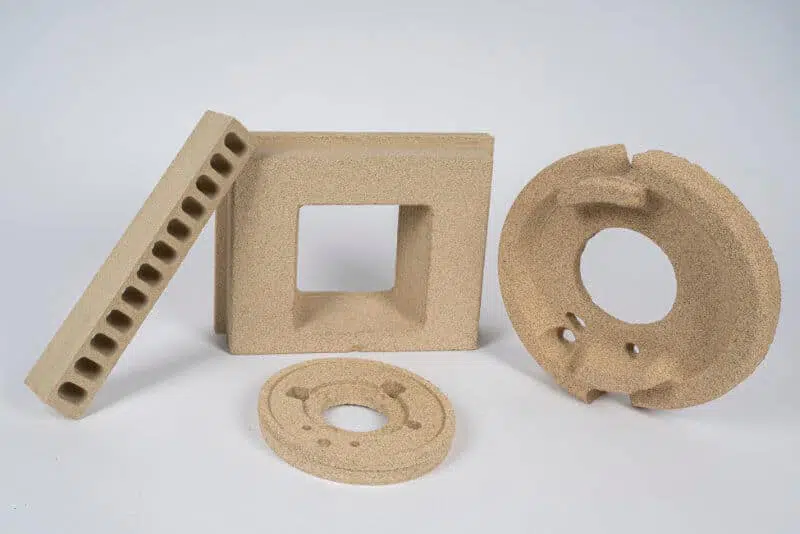
CNC milled parts -
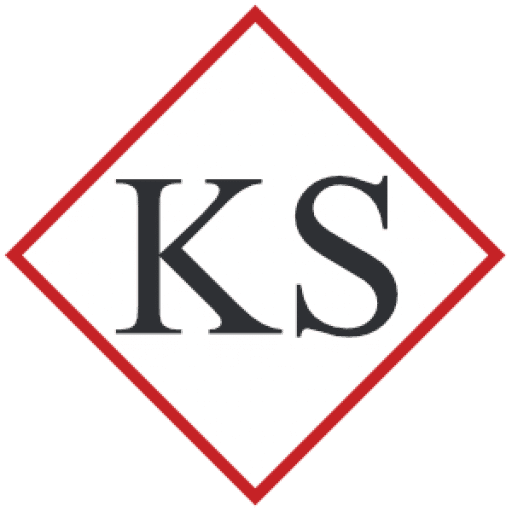
KS Kneissl & Senn Technologie
KS Kneissl & Senn Technologie GmbH has been producing insulation materials and seals for a wide variety of applications up to a temperature range of 1600 ° C since 2001. A diverse machine park (CNC 5-axis milling, plotting, punching, sewing, water jets, vacuum forming, etc.) enables us to do a variety of things Materials in shape for you bring to. The main materials include materials such as: glass fibers, Aramid fibers, mineral fibers, Biosoluble fibers, Ceramic fibers, silicate fibers, Vermiculite, Calcium silicate, Microporous materials, Rubber Material (Rubber, silicone, Silicone sponge, etc.), etc.
Seit 2009 ist der Betrieb nach der ISO9001 zertifiziert, aktuell lt. Normenrevision 2015.
